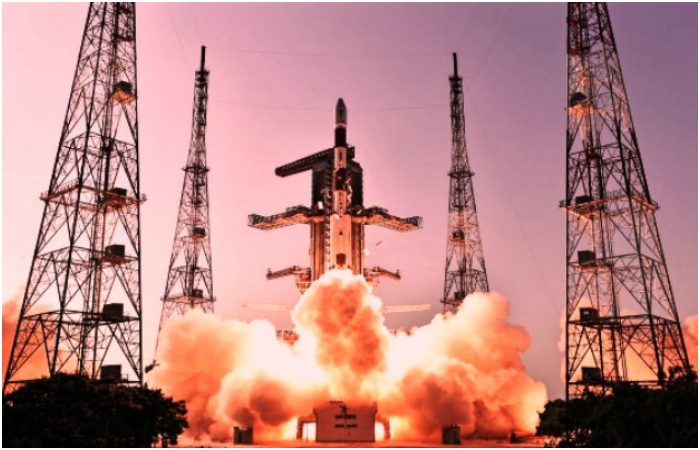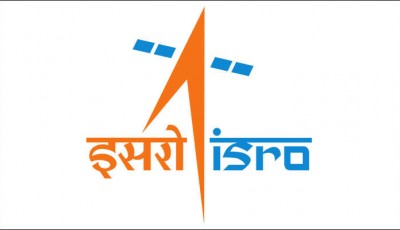Countdown for India’s first satellite Astrostat begins today
The 50-hour countdown for the launch of PSLV-C30, which would put into orbit Astrosat, India’s first indigenously built astronomical satellite, along with six other foreign satellites, commenced at 8 am on Saturday.
The rocket with seven satellites will blast off on Monday at 10.00 am. from the first launch pad of the rocket port at Sriharikota in Andhra Pradesh.
Commenting on the launch, ISRO Chairman AS Kiran Kumar had recently said, “What it means for India is this: it is one of the first scientific missions which will be available to the Indian researcher community as an observation opportunity”.
Along with Astrosat, four identical nano-satellites of Spire Global Inc., the U.S., a micro-satellite from Indonesia and a nano-satellite of the University of Toronto, Canada are also set to take off. Within 22 minutes 33 seconds of ignition of the PSLV, it would lob Astrosat in its 650 km orbit, followed by the smaller payloads.
Estimated to have cost around Rs. 180 crore, the 1,513-kg Astrosat, which carries five instruments and is among the few Indian scientific satellites. The earlier nine flights of PSLV-XL were PSLV-C11/Chandrayaan-1, PSLV-C17/GSAT-12, PSLV-C19/RISAT-1, PSLV-C22/IRNSS-1A, PSLV-C25/Mars Orbiter Spacecraft, PSLV-C24/IRNSS-1B and PSLV-C26/IRNSS-1C, PSLV-C27/IRNSS-1D, PSLV-C28/DMC3 missions. The satellite will observe the sky in multiple wavelengths or light bands of ultraviolet, low, optical and high-energy X-ray. It is a maritime monitoring Nanosatellite using the next generation Automatic Identification System (AIS).
Now, these four small LEMUR satellites are being launched on a commercial basis for a San Francisco-based company. Dedicated to astronomy, the satellite is a miniature version of the Hubble, the US-European joint space observatory that has discovered new galaxies and improved understanding of the universe.









